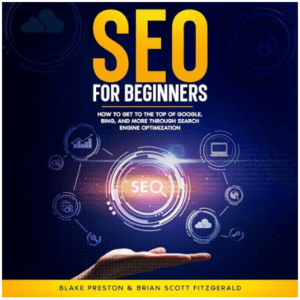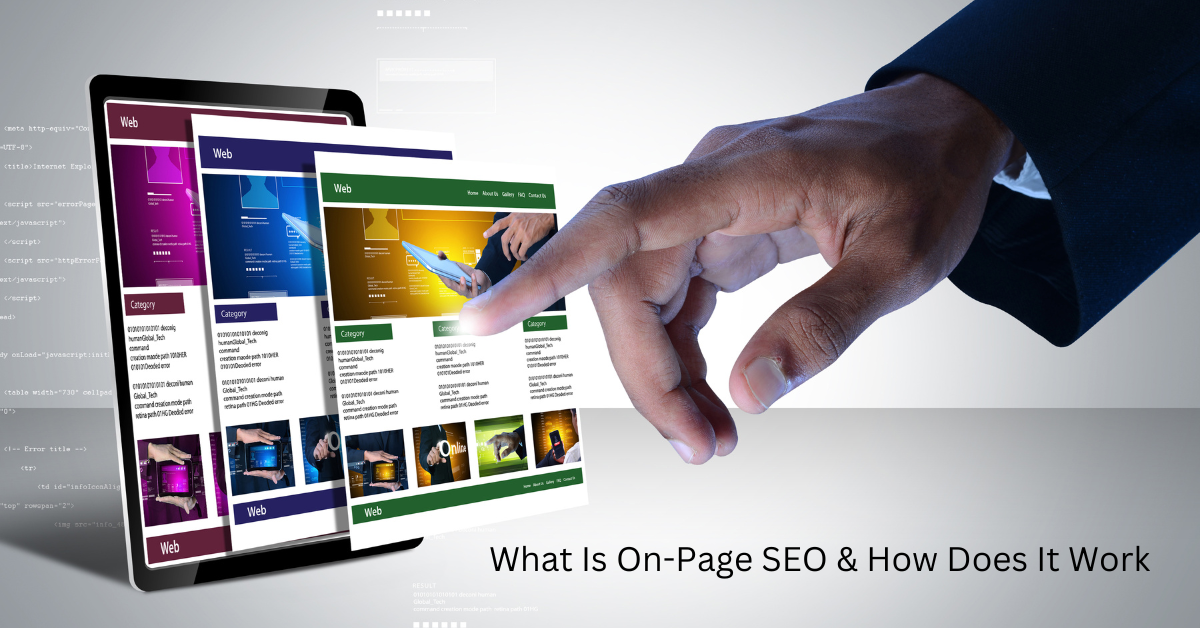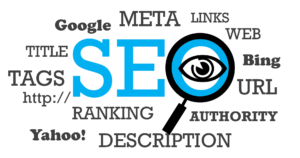In the ever-evolving landscape of digital marketing, On-Page SEO (also known as on-site SEO) remains the cornerstone of a robust online strategy. With search engines becoming smarter by the day, mastering on-page SEO and technical SEO is crucial for enhancing visibility, driving organic traffic, and ultimately, climbing the ranks in search engine results pages (SERPs).
Understanding On-Page SEO
At its essence, on-page SEO refers to the optimization tactics implemented directly on each page of a website to improve its visibility and relevance for search engines. From crafting compelling content to optimizing Meta Data, on-page SEO encompasses a range of strategies aimed at delighting both users and search engine algorithms.
The Key Pillars of On-Page SEO
1. High-Quality Content
Content reigns supreme in the realm of on-page SEO. Your site content needs to be helpful and interesting.
Like if you’re writing about dogs, give tips or fun stories about them. Crafting informative, engaging, and valuable content tailored to your audience not only attracts visitors but also keeps them engaged.
2. Use the Right Words (Keywords)
Imagine you’re looking for a new game. What words would you type into Google? Those words are keywords!
So, if you’re selling games, you’d want those words on your website, like “awesome video games for sale” or something. But don’t overdo it, make it sound natural!
Leveraging targeted keywords strategically within your page titles and your content aids search engines in understanding your website’s relevance.
3. Optimized Meta Data
Strategic use of title tags, meta descriptions, header tags (H1, H2, etc.), and image alt attributes strengthens a website’s visibility. These elements not only offer a glimpse into your content but also play a pivotal role in search engine indexing.
4. Page Speed and Mobile Responsiveness
In an era where user experience reigns supreme, ensuring your website loads swiftly across all devices is non-negotiable. Google’s emphasis on mobile-first indexing makes mobile responsiveness a critical factor for on-page SEO success.
5. URL Structure and Internal Linking
Creating clean and descriptive URLs aids both users and search engines in understanding the context of your web pages. Additionally, strategic internal linking of pages not only facilitates navigation but also distributes link equity across your site.
Advanced On-Page SEO Strategies
1. Schema Markup
Implementing schema markup (structured data) enables search engines to comprehend and display content more effectively in SERPs. By providing additional context to your content, you enhance the likelihood of securing rich snippets, elevating your visibility.
2. User Intent Optimization
Understanding and catering to user intent is pivotal for on-page SEO success. Tailoring content to align with various stages of the buyer’s journey enhances relevance and increases the probability of converting visitors into customers.
3. Voice Search Optimization
As voice search continues to soar, optimizing content to address conversational queries becomes imperative. Crafting content that mirrors natural language queries enhances the chances of appearing in voice search results.
Conclusion
On-page SEO remains a cornerstone of any successful digital marketing strategy. By implementing the approach outlined in this article that intertwines high-quality content creation and technical optimization, you pave the way for enhanced visibility, increased organic traffic, and sustained growth in the competitive online landscape.
Embrace the power of on-page SEO and watch your website soar to new heights in (SERPs) Search Engine Results Page.

If you have any questions or comments, please leave them below.



